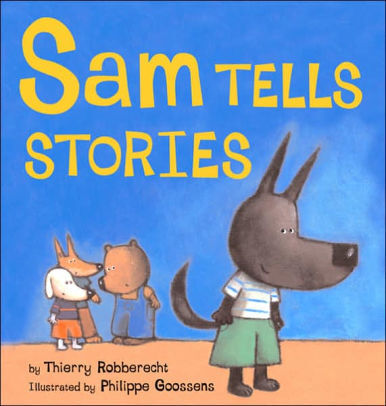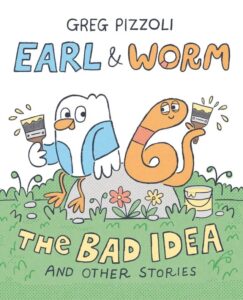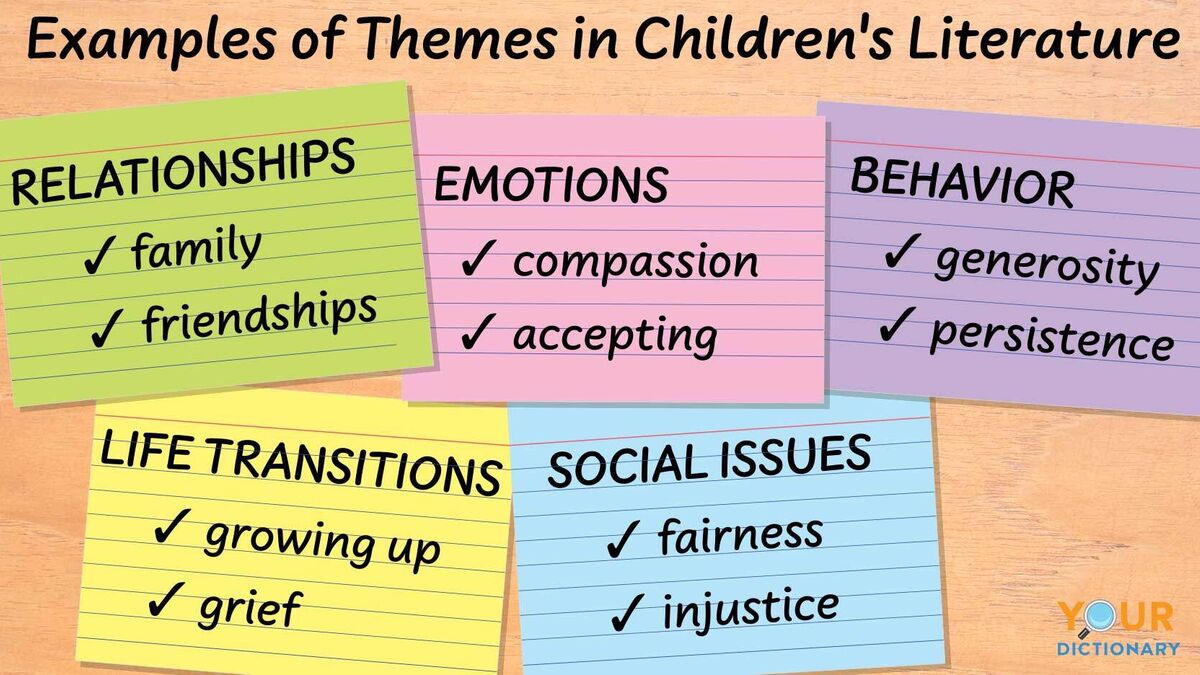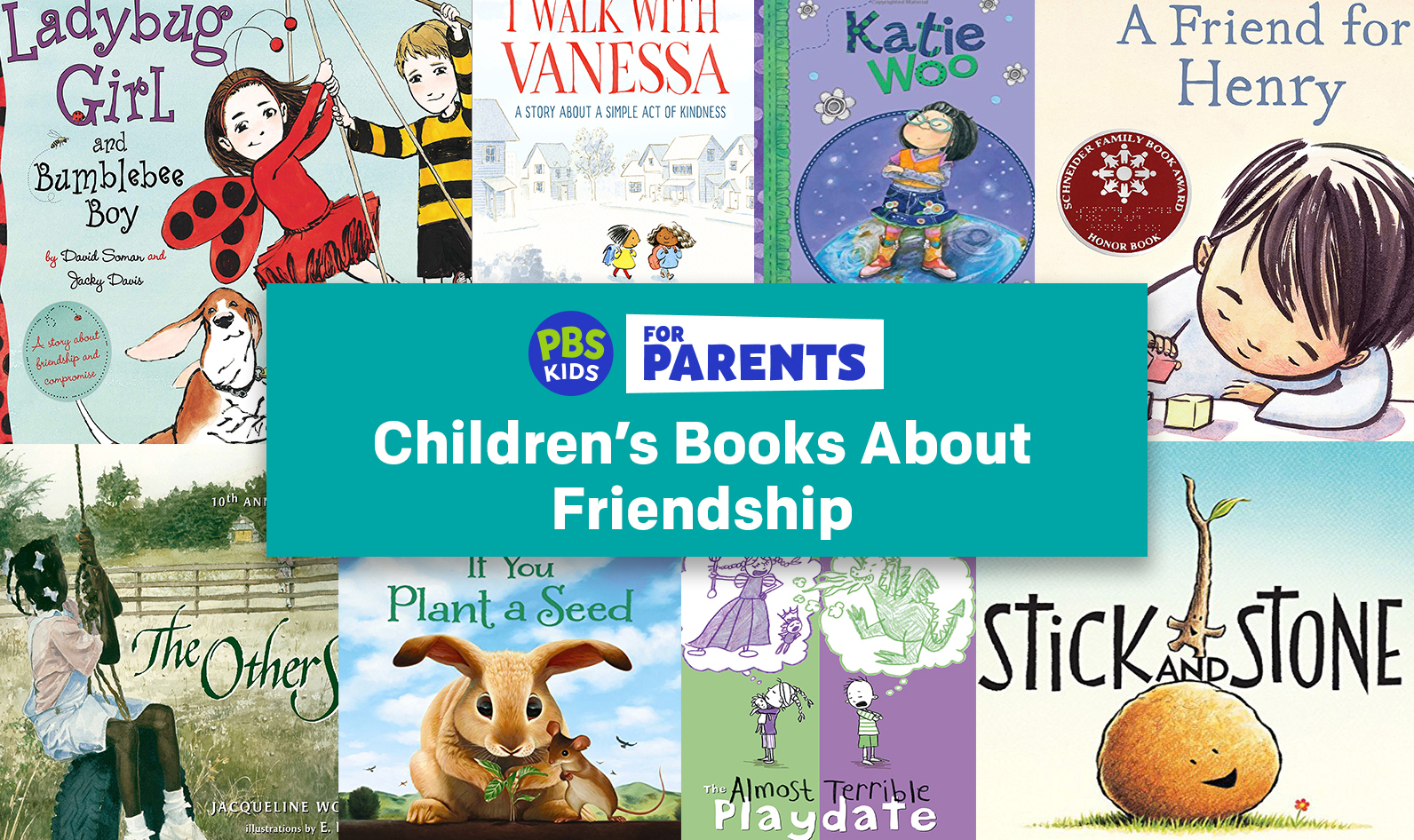Children’s Books Featuring Horses: Educational Impact

Children’s books that feature horses are more than just entertaining stories; they serve as powerful educational tools that can foster a variety of developmental benefits in young readers. This article explores the multifaceted educational impact of these books, highlighting how they contribute to learning, emotional growth, and cultural understanding.
Why Horses in Children’s Literature?

Horses have long been symbols of freedom, strength, and companionship. Their presence in children’s books often captivates young imaginations, making complex themes more accessible and engaging. Stories about horses can introduce children to concepts such as responsibility, empathy, and the natural world.
Educational Benefits of Horse-Themed Books

| Benefit | Description |
|---|---|
| Emotional Development | Stories about horses often explore themes of friendship, trust, and overcoming fears, helping children develop empathy and emotional intelligence. |
| Language Skills | Rich narratives and descriptive language in horse stories enhance vocabulary and reading comprehension. |
| Cultural Awareness | Books featuring horses from different cultures expose children to diverse traditions and histories. |
| Responsibility | Caring for horses in stories teaches children about responsibility and the importance of nurturing living beings. |
| Cognitive Skills | Problem-solving and critical thinking are encouraged through plotlines involving challenges and adventures with horses. |
Key Themes in Horse Books for Children
- Friendship and Trust: Many horse stories focus on the bond between the child and the horse, illustrating the importance of trust and companionship.
- Adventure and Exploration: Horses often serve as companions in journeys that teach children about courage and discovery.
- Nature and Environment: These books can foster an appreciation for animals and the outdoors, encouraging environmental stewardship.
How to Choose the Right Horse Book for Your Child
When selecting horse-themed books, consider the child’s age, reading level, and interests. Books with vivid illustrations and relatable characters tend to engage children more effectively. Additionally, look for stories that incorporate educational elements subtly woven into the narrative.
Frequently Asked Questions (FAQ)
Q1: At what age are horse-themed books most beneficial?
A1: Horse books can be beneficial at various ages, from picture books for toddlers to chapter books for older children, each offering age-appropriate lessons.
Q2: Can horse books help children with special needs?
A2: Yes, stories about horses can be therapeutic and help children with emotional or developmental challenges by promoting empathy and calmness.
Q3: Are there non-fiction horse books for children?
A3: Absolutely, many non-fiction books introduce children to horse breeds, care, and history, providing factual knowledge alongside stories.
Conclusion
Children’s books featuring horses offer a unique blend of education and entertainment. They support emotional growth, language development, and cultural awareness, making them valuable additions to any child’s reading collection. By choosing the right books, parents and educators can harness the power of these stories to inspire and educate young minds.
